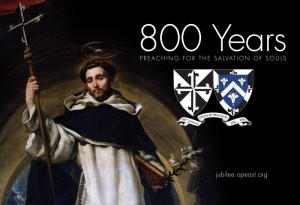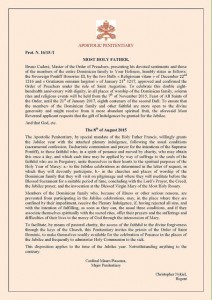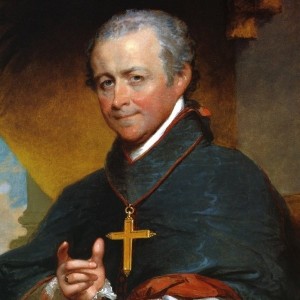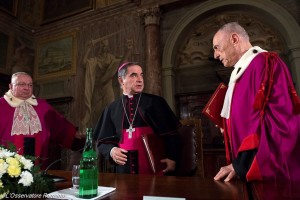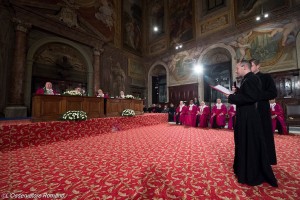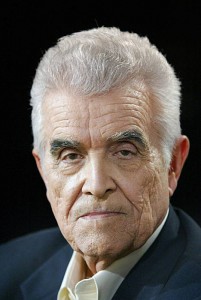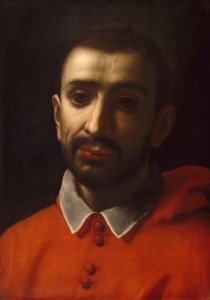The practice of religion is falling according to the Pew Research Center on religion and public life. Experience tells us by looking at the Mass attendance and participation in religious education programs that many people no longer consider official religious practices essential to their life of “faith.” Sherry Weddell, as other researchers have said, has said that the fastest growing religious denomination is the USA are the “nones” –those people who check the box saying they are spiritual but not religious.
While Pew research is interesting, it does not cover the entire story of a person’s journey in faith. The caution I would propose is whether a person believes in the need of having a savior. Many people, I contend, don’t think they need to be saved. Their conception of salvation, heaven, sin, grace, sanctity is now very much a private affair, these people isolate themselves from other members of the Church. In the USA, as in other countries, the need and desire fora religious community is waning.
On one level I can see why people don’t want to be a part of a religious community: their priest/minister no longer really cares for them and their spiritual life, the priest/minister is a gossip, the priest/minister doesn’t preach well, know the ritual well, and the sacred music is poor, the priest/minister has little concern for the poor, the needy, sick, etc. The teaching of the faith is grossly watered down with no ideal to strive for and to live within (the journey of faith is flat).
In short, our pastoral ministers have become very narcissistic and self-serving. I know several priests who are in trouble in their ministry: they do not attend to their spiritual life, they do not read literature or spiritual topics, they are lazy and watch tons of TV. One can see why over the centuries many of the saints have proposed a new way of living, acting and working for the proclamation of the Good News of Jesus Christ and the administration of the sacraments. The Latin phrase comes comes to mind: the Church always needs reform. Our ecclesiastical reform movements have generated great beauty and intense of love for the Church and for humanity. We’ve had saints like Benedict, Ambrose, Augustine, Bernard, Dominic, Catherine of Siena, Francis, Angela Merici, Ignatius of Loyola, Charles Borromeo, John Paul II, Luigi Giussani and countless others who have pointed a new way.
But all the blame can’t be placed on the ministers. Our Christian Faith requires a personal engagement, a personal bringing together of faith, reason, and living concretely in the community of the family and the secular world. You have to show up, you have engage your heart, mind and body. You have to be willing to be honest, and to be with others and to allow our spiritual life to be changed by Christ Jesus.
The Pew report is here.
Pray for the Church and ALL her members.
